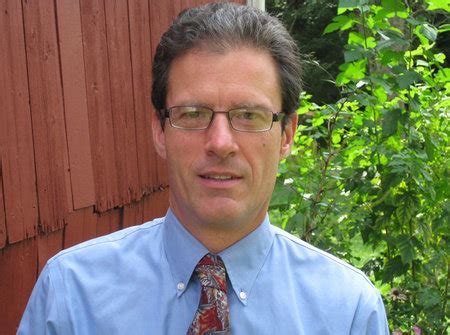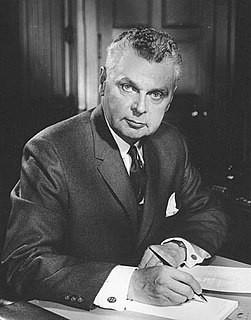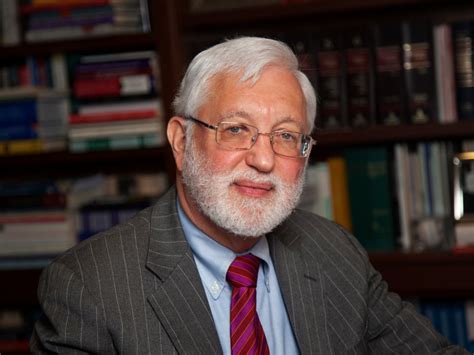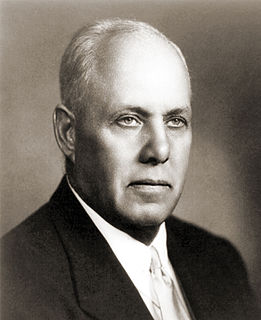A Quote by Jimmy Carter
We cannot speak of human rights in other countries unless we are going to do our utmost to protect the rights of our own people here at home.
Related Quotes
We hear from time to time about horrible human rights atrocities happening around the globe. Our government claims that it stands in favor of human rights, and our leaders are in the news demanding consequences for other countries that are abusing their populations. But there is a huge denial about how widespread and common these kinds of atrocities are in the United States, and that we are not nearly as different from other countries as we would like to believe we are.
I believe we should try to move away from the vocabulary and attitudes which shape the stereotyping of developed and developing country approaches to human rights issues. We are collective custodians of universal human rights standards, and any sense that we fall into camps of "accuser" and "accused" is absolutely corrosive of our joint purposes. The reality is that no group of countries has any grounds for complacency about its own human rights performance and no group of countries does itself justice by automatically slipping into the "victim" mode.
The only proper, moral purpose of a government is to protect man's rights, which means: to protect him from physical violence - to protect his right to his own life, to his own liberty, to his own property and to the pursuit of his own happiness. Without property rights, no other rights are possible.
Our human responsibility for animal rights, plant rights, and the rights of the earth to its health and wholeness is self-evident. Whatever our beliefs about the hereafter we are the temporary custodians of the here-and-now, and if we neglect our obligations or abuse our powers then we abrogate any rights to a further share in this planet's delights.
Judges are the people who have to protect the rights of individuals, have to protect the rights of minorities, have to protect the rights in the Constitution, have to protect the requirement that the executive and the legislature not simply exercise raw power but adhere to standards of reasonableness and constitutionality.
One cannot have a trade union or a democratic election without freedom of speech, freedom of association and assembly. Without a democratic election, whereby people choose and remove their rulers, there is no method of securing human rights against the state. No democracy without human rights, no human rights without democracy, and no trade union rights without either. That is our belief; that is our creed.
So what's the difference between republican and democratic forms of government? John Adams captured the essence of the difference when he said, 'You have rights antecedent to all earthly governments; rights that cannot be repealed or restrained by human laws; rights derived from the Great Legislator of the Universe.' Nothing in our Constitution suggests that government is a grantor of rights. Instead, government is a protector of rights.
But America was founded on the principle that every person has God-given rights. That power belongs to the people. That government exists to protect our rights and serve our interests. That we shouldn't be trapped in the circumstances of our birth. That we should be free to go as far as our talents and work can take us.
But America was founded on the principle that every person has God-given rights. That power belongs to the people. That government exists to protect our rights and serve our interests. That we shouldn’t be trapped in the circumstances of our birth. That we should be free to go as far as our talents and work can take us.


































